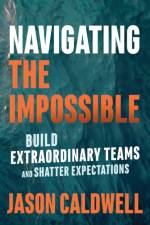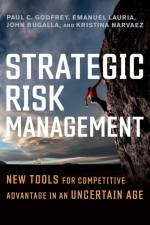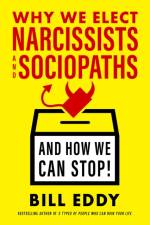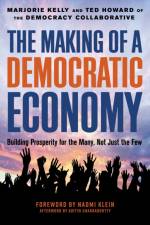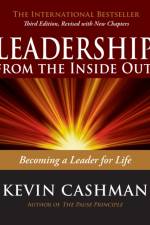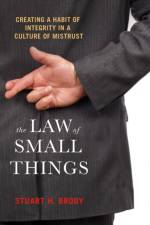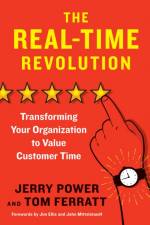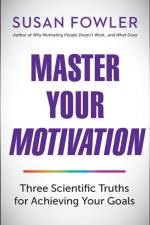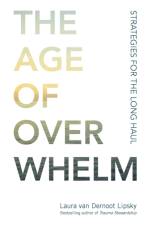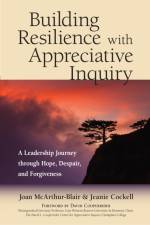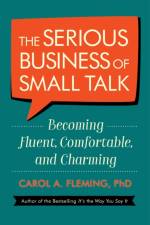- Sharpen Your Message and Make Your Words Matter
av Joel Schwartzberg
239
Champion Your Best Ideas!Every time you communicate, you're trying to do something, change something, or move someone to action. You're trying to make a point. But the only way to make a point is to have a point. And the surprising truth is, very few communicators know their points or even understand what a point is, rendering them pointless.Communications expert Joel Schwartzberg says a point is not just a topic, an idea, or a theme. A real point is a proposition of value. It's a contention you can propose, argue, illustrate, and prove. In this concise and practical book, you'll learn to identify your point, strengthen it, stick to it, and sell it. Whether you want to improve your impact in speeches, staff meetings, pitches, emails, PowerPoint presentations, or any other communication setting, Schwartzberg's novel approach teaches you how to go from simply sharing a thought to making a difference. Which would you rather do?

